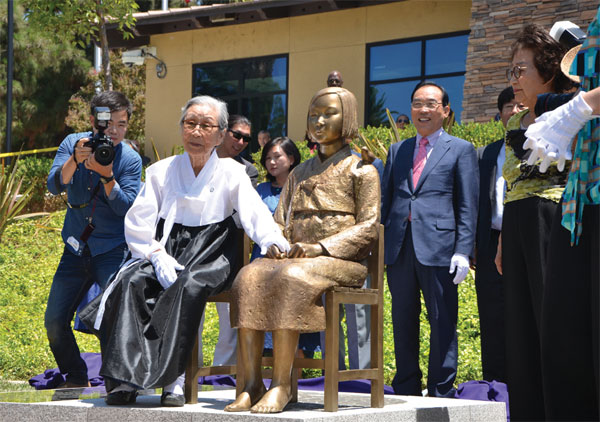Historians fault Japan on 'comfort women' flak
Updated: 2015-02-11 11:34
By Hua Shengdun in Washington(China Daily USA)
|
||||||||
|
Kim Bok-dong, a victim of the Japanese military during World War II, sits in the empty chair of the "comfort women" memorial during the unveiling ceremony in Glendale, California, on July 30, 2013. The statue is a tribute to Asian comfort women who were forced into sexual slavery by Japanese troops. Liu Yiyi / China Daily |
Some American historians are urging their Japanese counterparts not to allow the Japanese government to minimize the prevalence of "comfort women" during World War II.
To mark the 70th anniversary of war's end, Japanese Prime Minister Shinzo Abe is now "pushing to put a gloss on Japan's wartime history and, in turn, to loosen some of the postwar constraints on its military", said a report in The Washington Post on Tuesday.
A public letter was signed by 19 academics from Princeton, Columbia, American University and elsewhere to be published in the March issue of Perspectives on History, a magazine of the American Historical Association.
"We stand with the many historians in Japan and elsewhere who have worked to bring to light the facts about this and other atrocities of World War II," the letter said, referring to the women who were forced into providing sexual favors to the Japanese Imperial Army in wartime.
The American historians express their dismay "at recent attempts by the Japanese government to suppress statements in history textbooks both in Japan and elsewhere", according to the letter.
An estimated 30,000 to 200,000 women from China, Korea and other Asian countries were forced to be sex slaves in the 1930s and 1940s. Chinese researchers' findings indicate the number is about 400,000, according to Peipei Qiu, professor of Chinese and Japanese and director of the Asian Studies Program at Vassar College, New York.
The issue is controversial in Asia, especially when the Japanese government recently offered a different interpretation and attempted to "get the American publishing house McGraw Hill to remove two paragraphs about comfort women from a college textbook", according to the Post.
The book, Traditions and Encounters: A Global Perspective on the Past, said the Japanese Army "forcibly recruited, conscripted and dragooned as many as 200,000 women aged 14 to 20 to serve in military brothels, called 'comfort houses' ". It also says that the Japanese military "massacred large numbers of comfort women to cover up the operation".
The dispute lingers on the number of the women coerced into sexual slavery and the precise role that Japanese troops played in their procurement during the war. Many Japanese conservatives regarded the women simply as prostitutes.
McGraw Hill declined the request, saying that "scholars are aligned behind the historical fact of comfort women" and that it "unequivocally" stands behind the book.
Herbert Ziegler, an associate professor at the University of Hawaii and co-author of the textbook, said that he got an e-mail late last year from an official of the Japanese Consulate General in Hawaii.
The Japanese side requested a discussion about the passages, which Ziegler called "an infringement of my freedom of speech and my academic freedom".
She co-authored a book called Chinese Comfort Women: Testimonies from Imperial Japan's Sex Slaves, with Su Zhiliang and Chen Lifei, two scholars based in Shanghai, China.
The book, which is the first English-language account of the women's ordeal, features personal narratives of 12 victims and was published last year by the Oxford University Press as part of the Oxford Oral History Series.
Qiu said in her book launch at the Johns Hopkins School of Advanced International Studies that if the wounded failed to be recognized by history, it would be a new wound for them.
"Human sufferings of such magnitude cannot, and should not, be dismissed," she said.
Pedro Chan, an adviser to the Pacific Aviation Museum, Pearl Harbor, Hawaii; the Chinese American Museum of Los Angeles; and the Flying Tigers Historical Organization in the US, collected photos of the women and supported a World War II memorial statue in California last year.
"The Japanese always deny what they did or downgrade their crimes in the war," Chan said. "They wanted to remove the statue from the park, and I testified that there is a freedom of speech for the Korean and Chinese."
A 1,100-pound statue of comfort women in the central park of Glendale, California, was a gift from South Koreans in July 2013 to honor the women. Glendale is a sister city of Goseong and Gimpo of South Korea.
A federal judge dismissed a lawsuit against the city that sought the removal of the statue, saying that the statue's opponents were unable to show that the memorial caused them harm, and Glendale didn't break any laws by erecting it in the park, according to a court order signed in August US District Court Judge Percy Anderson.
Sheng Yang in Washington contributed to this story.

 10 destinations favored by Chinese property investors
10 destinations favored by Chinese property investors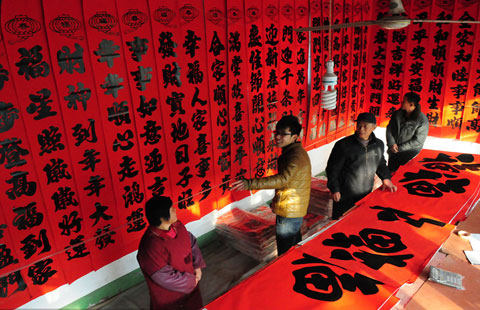
 Spring Festival goods in the making
Spring Festival goods in the making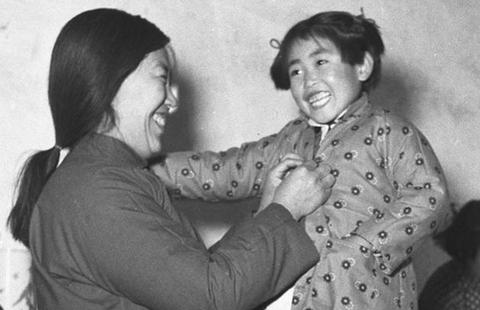
 New Year scenes preserved in old photos
New Year scenes preserved in old photos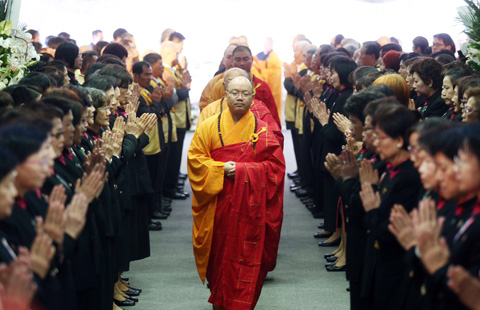
 Remembering the dead on the seventh day after TransAsia crash
Remembering the dead on the seventh day after TransAsia crash
 A homeward bound motor "gang"
A homeward bound motor "gang"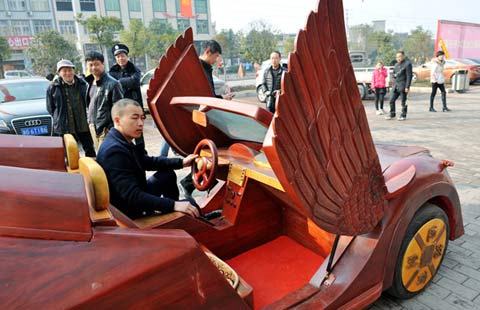
 Farmer builds sports car out of wood
Farmer builds sports car out of wood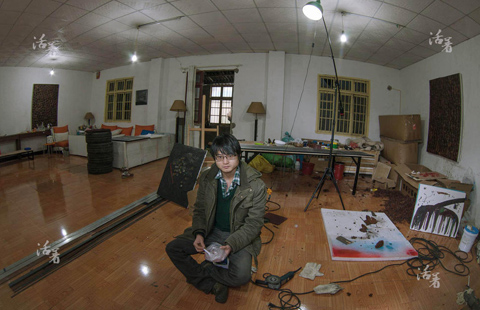
 Bleak outlook for art students six months after graduation
Bleak outlook for art students six months after graduation
 US launches drive to save monarch butterfly
US launches drive to save monarch butterfly
Most Viewed
Editor's Picks

|

|

|

|

|

|
Today's Top News
President Xi to visit US in September
Study sees consumer confidence faltering
NBC News anchor Brian Williams suspended
US confirms death of IS-held hostage
High royalties key reason behind Qualcomm fine: NDRC
Net regulator to meet US ambassador on WeChat
The peeping eyes of the United States
January inflation cools to 0.8%
US Weekly

|

|
